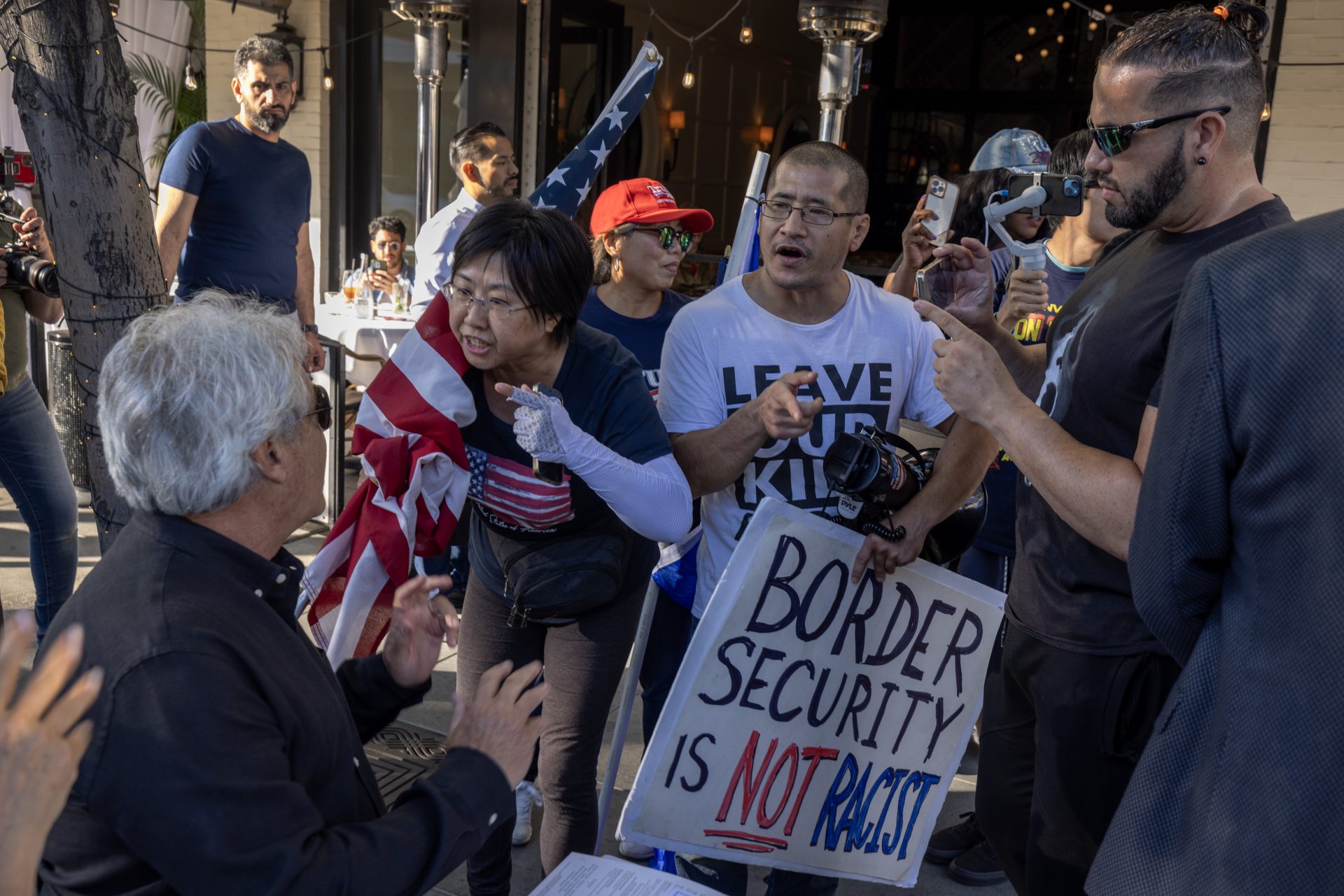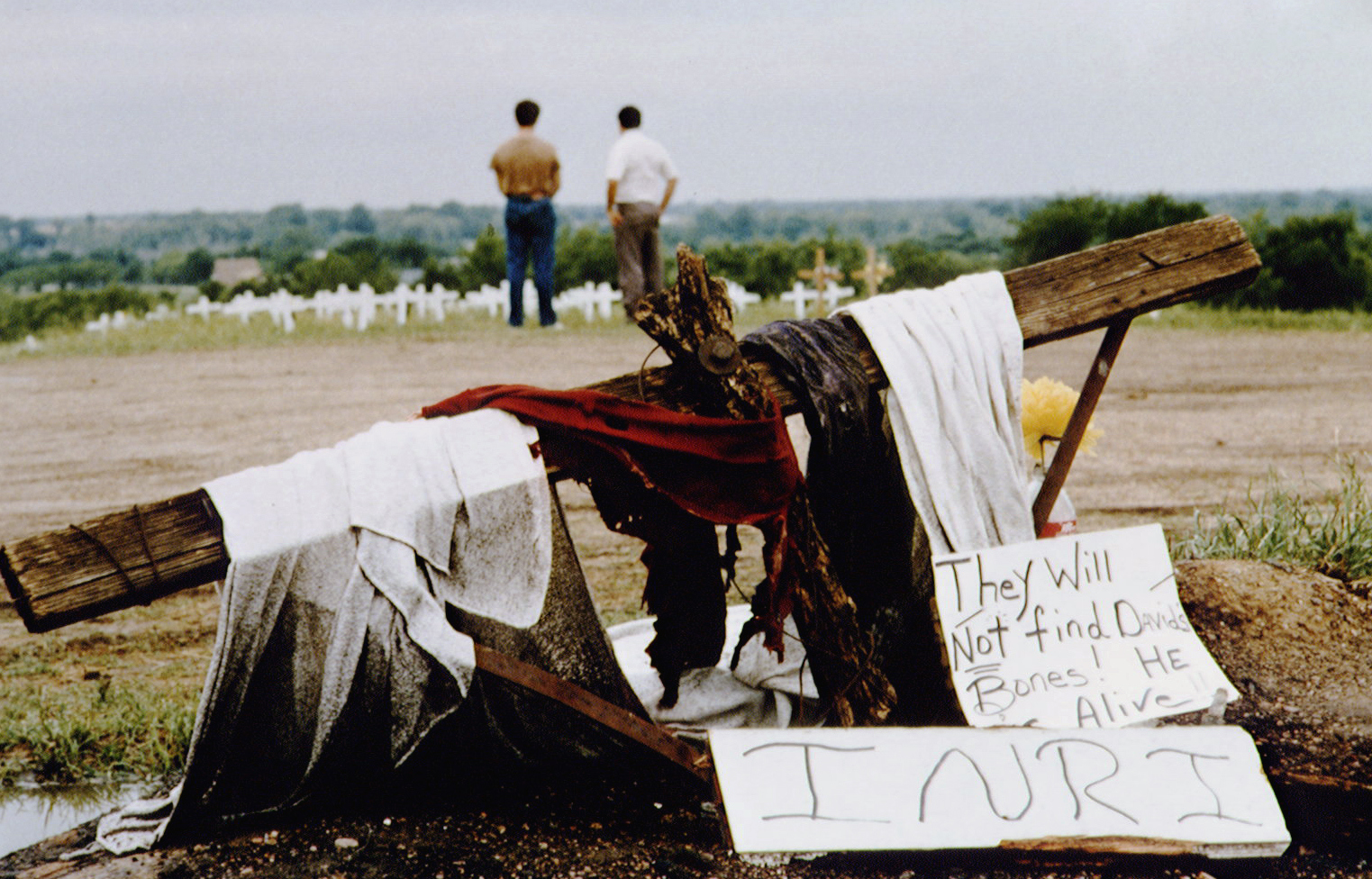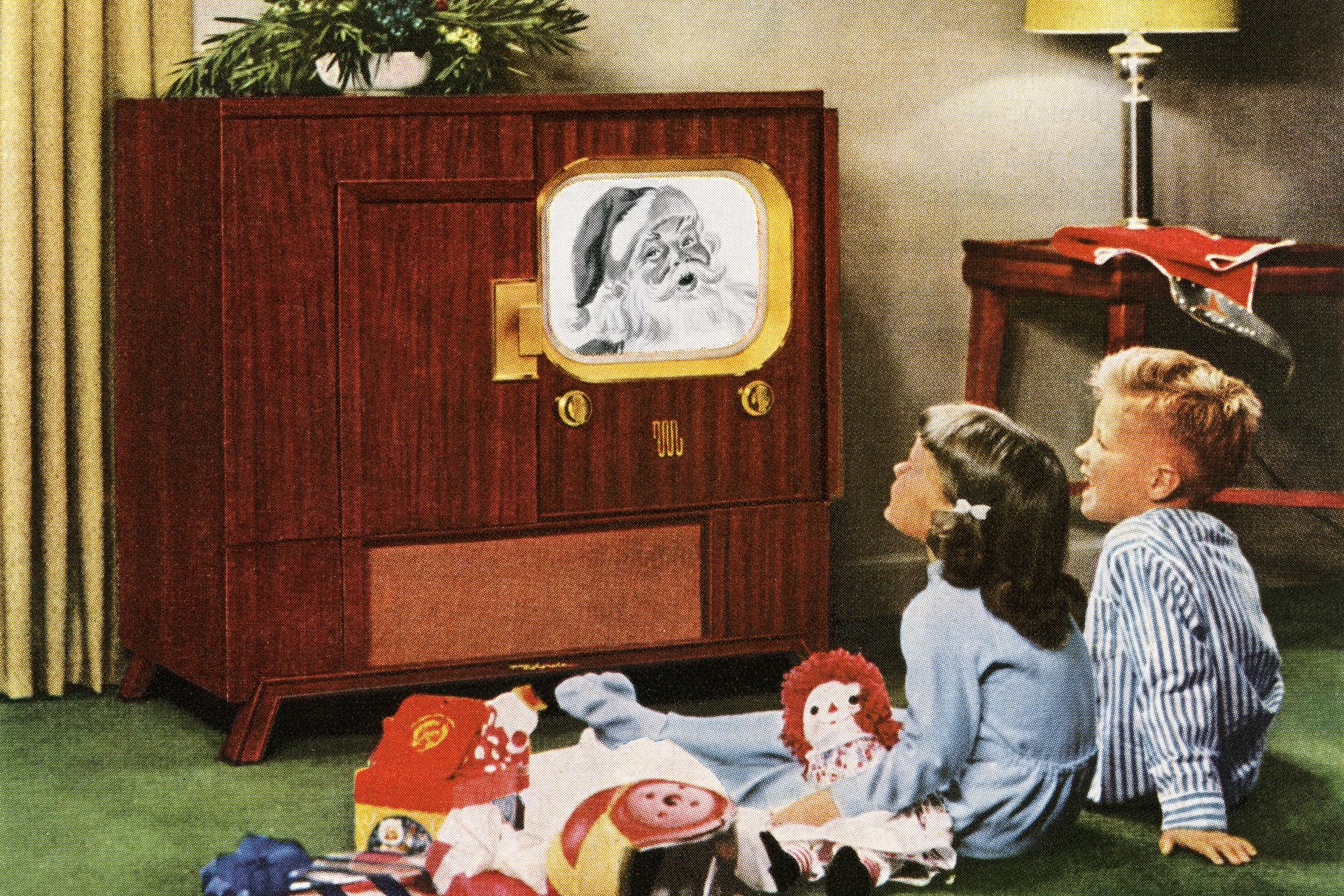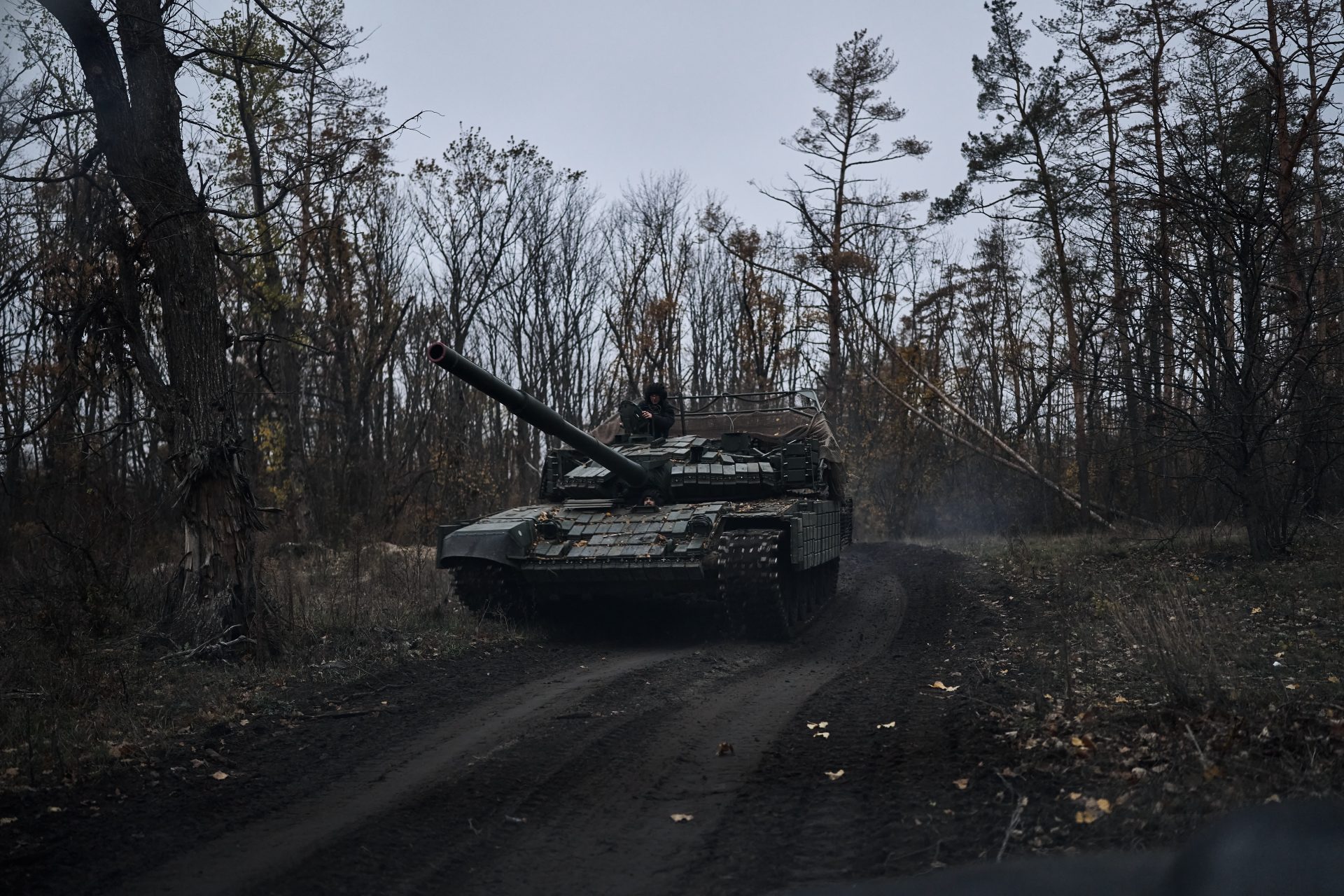Well armed citizens and a vast political divide: America has all the ingredients for a civil war
Donald Trump will be sworn in as President of the United States of America in January of 2025. Despite winning by a landslide, America is still a land deeply divided.
As a result, some are even again questioning if a civil war is brewing... but how likely is it that Americans could go to war with themselves?
According to a study on global firearm ownership published by The Washington Post, in the United States of American there are currently more guns than people. Couple that with a huge political divide, made evident recently with the overturning of Roe v. Wade, one can't help but wonder if the US is heading towards a potential civil war.
Some years ago, it would seem like a ridiculous question to ask...but these days, it is a question popping up everywhere.
According to the findings of a poll by Business Insider published in October of 2020, most Americans believed that a "cold" civil war had already begun.
Towards the end of 2021, The Washington Post and the University of Maryland conducted a poll that found that 1/3 of Americans agreed that acts of violence against the government was "sometimes justified."
This belief was more common among independents and Republicans. In contrast, according to The Washington Post, in the 1990s, this view was only found in approximately 1 out of every 10 Americans.
Also, in the autumn of 2021, the University of Virginia Center for Politics released the results of a poll. It found that the majority of the individuals who voted to reelect Donald Trump in the 2020 presidential elections hoped that their state could secede from the Union.
One might think that this is just a case of extreme MAGA Trump supporters, but it is not. The same UVA study also found that 41% of the population voted for Joe Biden for president now believed it was "time to split the country."
Undoubtedly, America has become a country divided, and it seems those with the most to lose if a civil war were to arise are also the most concerned about it becoming a reality.
In December 2021, the Institute of Politics at Harvard's Kennedy School revealed that a poll they had conducted found that among voting-age Americans under 30 years of age, half believed that democracy in the United States was "failing" or "in trouble."
In addition, 25% of those polled revealed that they believed that at least one state would secede in the coming years.
What would a new civil war look like in the United States? Undoubtedly it would look far different than it did in the 1860s.
The right of the different states to make their own decisions is still an important issue in the Supreme Court, as seen from the recent repeal of abortion rights in the U.S.
Since Roe v. Wade has been overturned, you can see more clearly than ever, how the values in each state differ by how they handle access to abortion.
The geographic divide in the United States is no longer only about the South and North but more so about rural vs. urban. So within a state, there can be a great political divide.
Take the state of Maine, for example, which is considered a "blue state" thanks to its heavily populated coastal counties that love Biden. But in the interior counties, politically look pretty different, with many supporting Trump.
This situation repeats itself in most states around the country, making it seem as though the United States is no longer a nation divided into 50 states, but rather a nation divided into two political parties: the Republicans and Democrats.
The director of governance studies at the Brookings Institution, Darrell West, says that a "war" of sorts has already begun: "We already are seeing 'border war' with individual states passing major legislation that differs considerably from that in other places."
Along with William Gale, a Brooking senior fellow in economic studies, Darell West has written a few articles discussing America's social and political fallout. The duo believes that conflicts between states are not the only way a new civil war could occur. In fact, it may be far more likely that neighbors turn on each other over differing views.
West and Gate write, "Today's toxic atmosphere makes it difficult to negotiate on important issues, which makes people angry with the federal government and has helped create a winner-take-all approach to politics. When the stakes are so high, people are willing to consider extraordinary means to achieve their objectives."
West and Gate go on to talk about how the general population is highly armed, "America has an extraordinary number of guns and private militias."
According to the National Shooting Sports Foundation's best estimation, there are 434 million firearms in civilian possession in the U.S. - around 1.3 guns per person.
Of which, according to West and Gate, "Semi-automatic weapons comprise around 19.8 million in total, making for a highly armed population with potentially dangerous capabilities."
Political scientist Barbara F. Walter of the University of California in San Diego, author of the book 'How Civil Wars Start,' told NPR last year that "American democracy been in decline since 2016."
In addition Walter said, "The U.S. used to be considered a full democracy like Norway, Switzerland or Iceland," she said, "and it's now considered a partial democracy like Ecuador, Somalia or Haiti."
It is hard to say what will happen in the coming months and years in the United States. However, following the events of January 6, 2021, we should now realize that nothing in American politics is impossible. Add in a society with highly polarized views that is highly armed, and anything is possible.
Never miss a story! Click here to follow The Daily Digest.
More for you
Top Stories








































